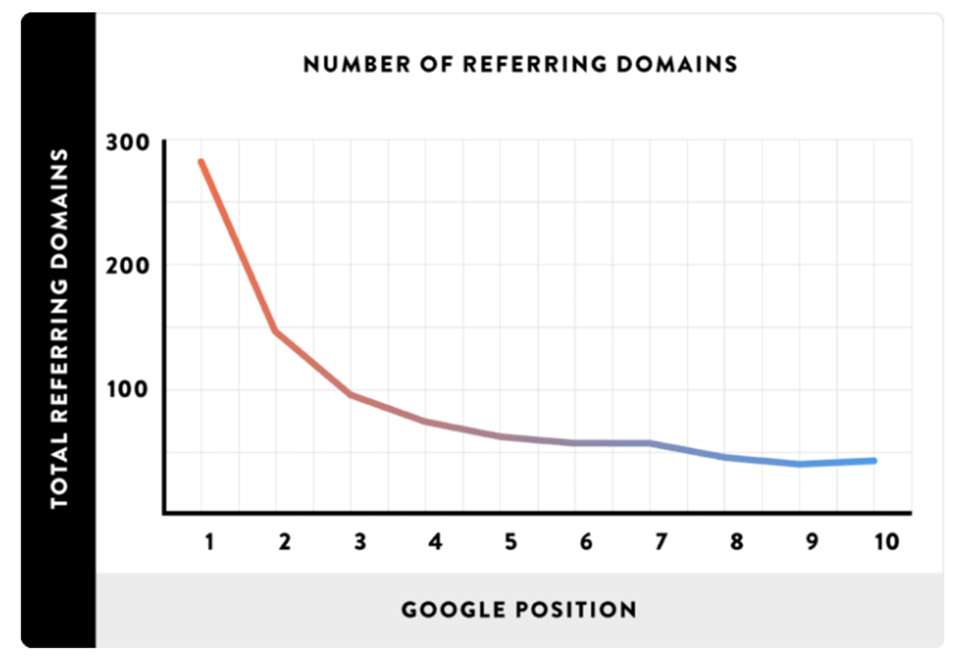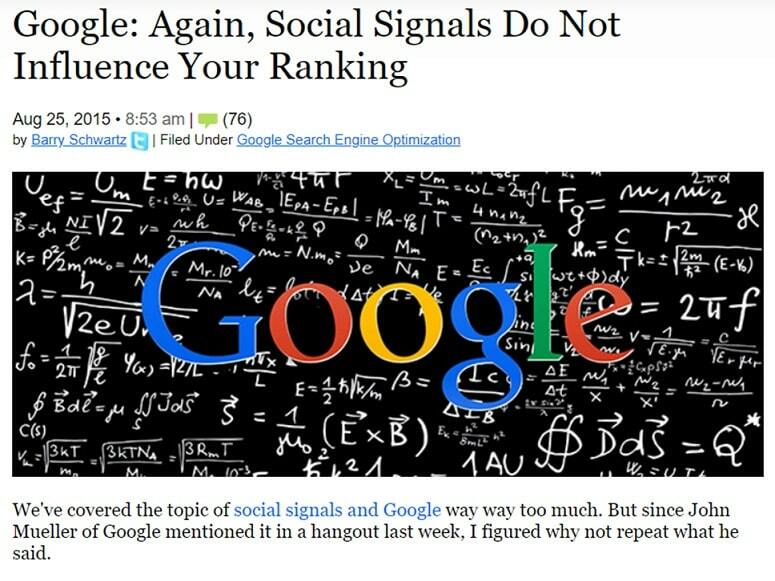Start Exploring Keyword Ideas
Use Serpstat to find the best keywords for your website
What is Off-page SEO? A Complete Guide

Voila! Off-page SEO.
It’s the most challenging part of SEO, centered around link building — and building links in and of itself is a daunting task. But off-page SEO is not just confined to backlinks, it goes beyond that (more on this later).
Without an effective off-page SEO strategy, sites are likely to be buried down the SERPs, creating a no-traffic-no-sales case for a business.
In this guide, we’ll discuss in great detail:
What is Off-page SEO?
It involves establishing trustworthiness and authoritativeness for a site in the eyes of search engines like Google.
While this is mainly accomplished by building high-quality links, modern-day search engines use other signals, too, such as brand mentions, social signals, and reviews when evaluating a site’s authority.
On-page SEO vs. Off-page SEO
With off-page SEO, on the other hand, you won’t make any changes to your own site. Instead, you’d build signals (links) that search engines see as a sign of a trustworthy site on the internet. And thereby, short-circuiting your way to the top of search results.
On-page SEO and off-page SEO differ in that on-page SEO is completely within your hands, whereas your control over off-page SEO is non-existent in most cases. For example, if you send someone an email asking them to link to your site, that’s an off-page SEO where they control whether you receive a link.
Why is off-page SEO important?
That’s why Google confirmed backlinks are one of the three most important ranking factors.
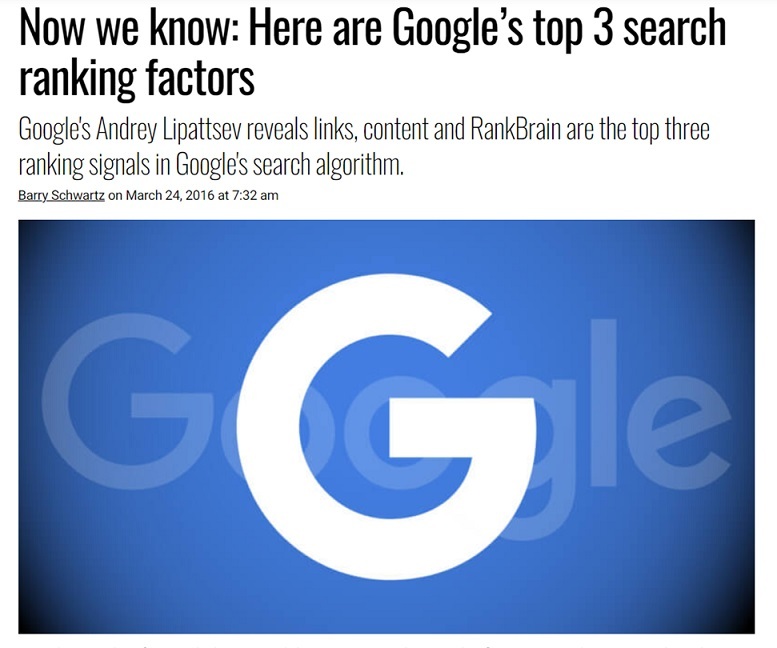
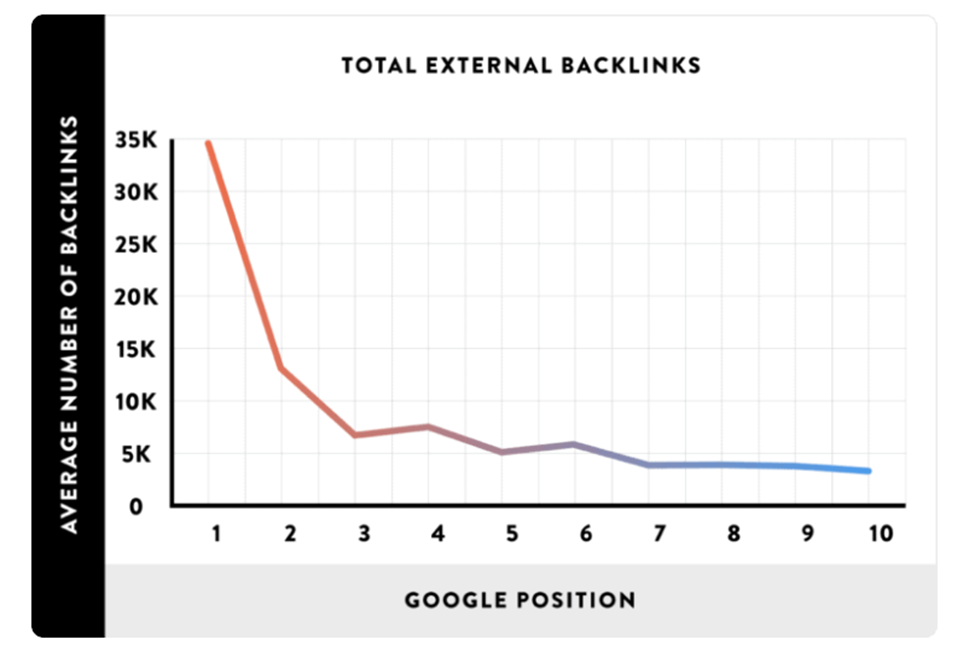
Off-page SEO factors: Backlinks 101
Let’s take a closer look at how Google measures the value of backlinks. This will help you prioritize building needle-moving links for your site.
Unique domains
Diversity of linking domains matters!
That said, it’s impossible to strike an equal balance between no. of backlinks and no. of unique referring domains. The key here is to increase the number of referring domains over time, and not just links.
After analyzing the top-ranking pages in SERPs, Backlinko found that sites with more unique referring domains correlated nicely with top positions.
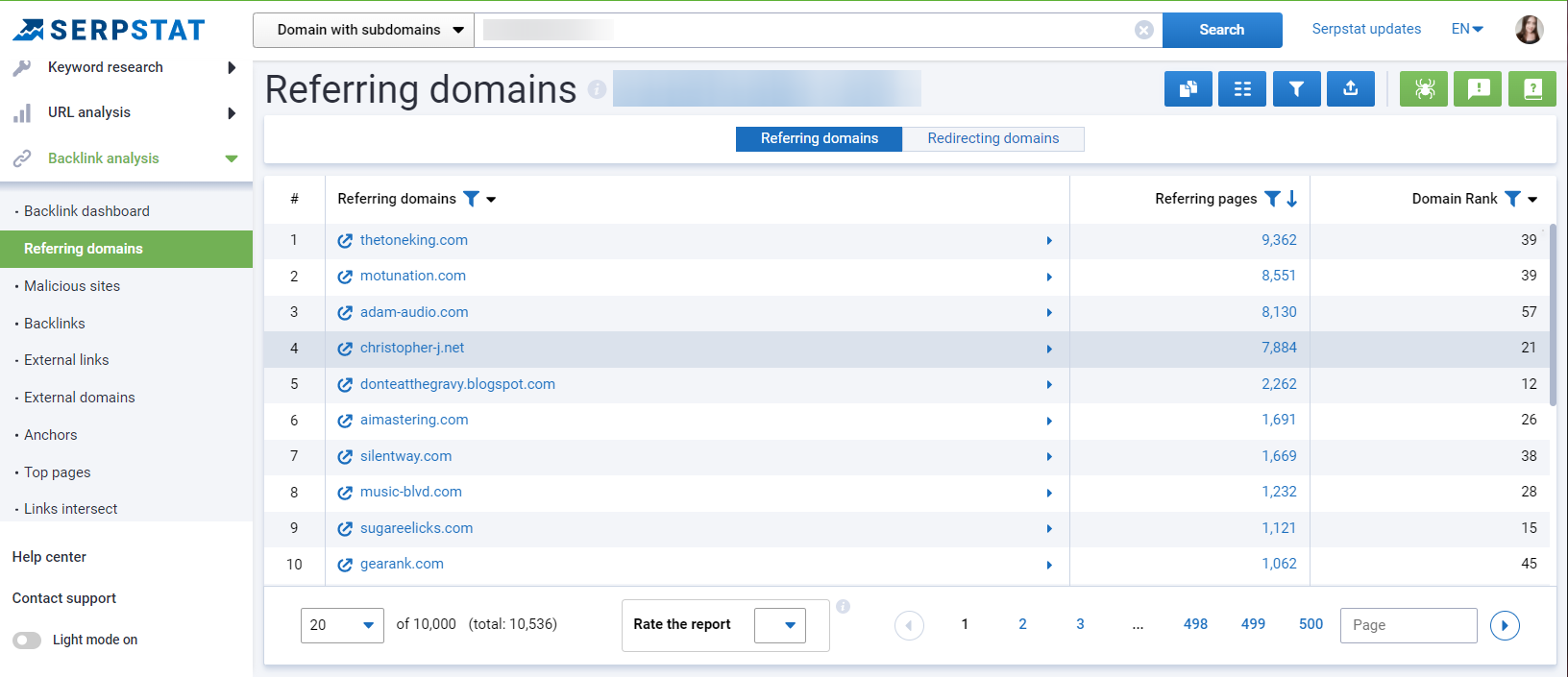
Link Authority
As noted above, Google uses a PageRank algorithm when rankings web pages in organic search results. Introduced by Google’s co-founders, Larry Page and Sergey Brin, PageRank works by considering the quality of backlinks pointing to a particular web page as a signal that a web page is authoritative and trustworthy.
It’s similar to the concept of votes, but not in a literal sense. This means it’s never a quantity of votes (links) that matter. Rather it’s always the quality of links that move the needle for a site.
In that sense, a link from a site like Forbes carries more weight than a link from a small, mom-and-pop site.
Dofollow vs. Nofollow
Why?
The follow links transfer the ranking strength between pages, while the tag “rel=nofollow” doesn’t pass any ranking strength. Hence, it’s always important to prioritize and earn links that are followed in nature.
That said, having nofollow links is not worthless. They can still send some referral traffic to your site, especially if they’re from a high-trafficked website.
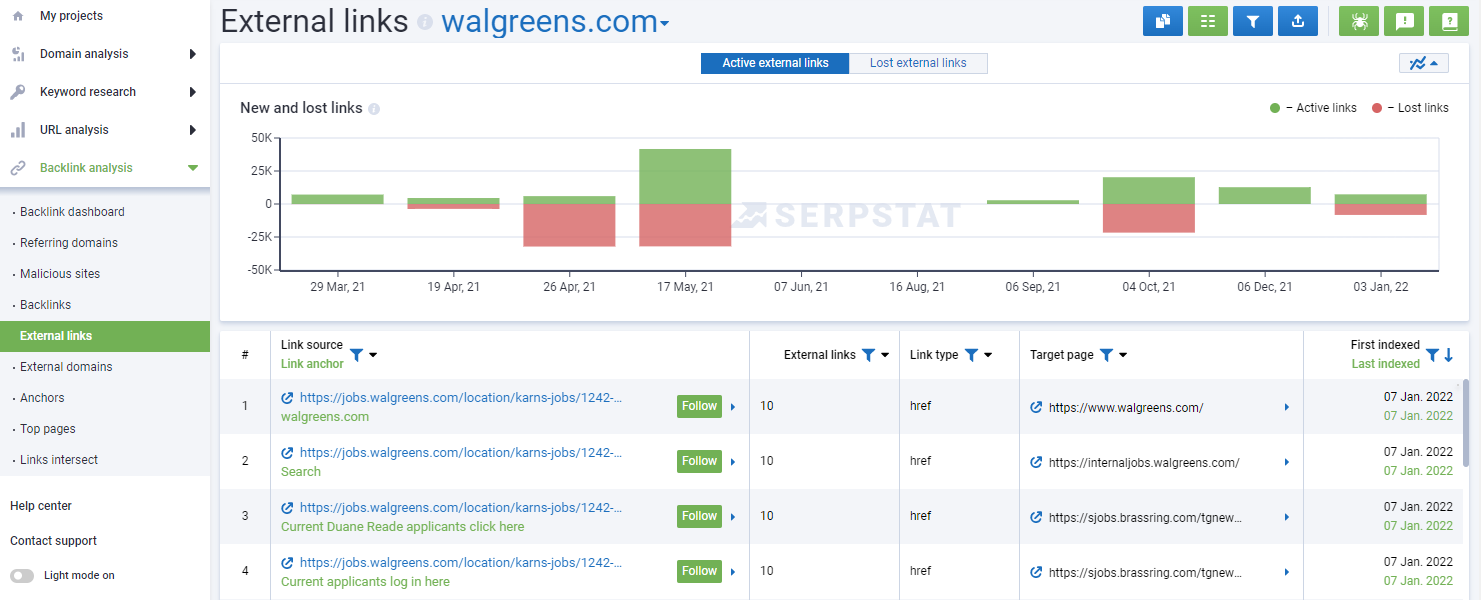
Topical Relevance
Imagine you run a site that sells weight loss training courses. In this instance, having a link from a fitness blog will carry more weight than a link from a Crypto Currency blog. So try to acquire links from as many topically relevant sites as possible.
Not only those links can help you rank high on Google, but they can also send some referral traffic your way. And if the link is from a topically relevant site that shares the same audience as your business, you’d end up receiving visits from people that may be interested in purchasing your products or services.
However, you can’t control relevancy at all times. So it’s okay if your links come from off-topic sites. In most cases, it’s natural to have a few links from unrelated sites. But if you’re reaching out to acquire links, ensure those sites are topically relevant to your site.
Know that relevancy is not always measured at the domain level. Sometimes, you’d need to measure it at a page or category level. For example, news sites virtually cover every topic under the sun. So it’s important that your links from news sites come from relevant category pages (i.e., pages that are topically related to your business)
Anchor Text
When a link with a keyword-rich anchor text is placed, it can have a significant influence on the rankings for a destination page. Proceed with caution though, as too many exact match anchors can invite a dreaded penalty from Penguin, a core Google algorithm update that penalizes sites that try to manipulate rankings by building links with exact-match anchors.
The key is to ensure anchor texts of links to your site should look natural to Google. An ideal link profile consists of many kinds of anchor texts:
- Naked URLs, where the URL of a destination page is used as an anchor text (ex: www.tesla.com/model-3)
- Generic anchors, where generics words like “go here,” “click here,” “visit this site,” are used as anchors.
- Branded anchors, where your brand or site name is used as anchor text (ex: Tesla, Apple, New York Times, etc.)
- Partial match, where other generic words accompany the keywords in the anchor text (ex: get backpacks here)
- Exact match, where the exact keyword that a destination page is targeting is used as an anchor (ex: backpacks)
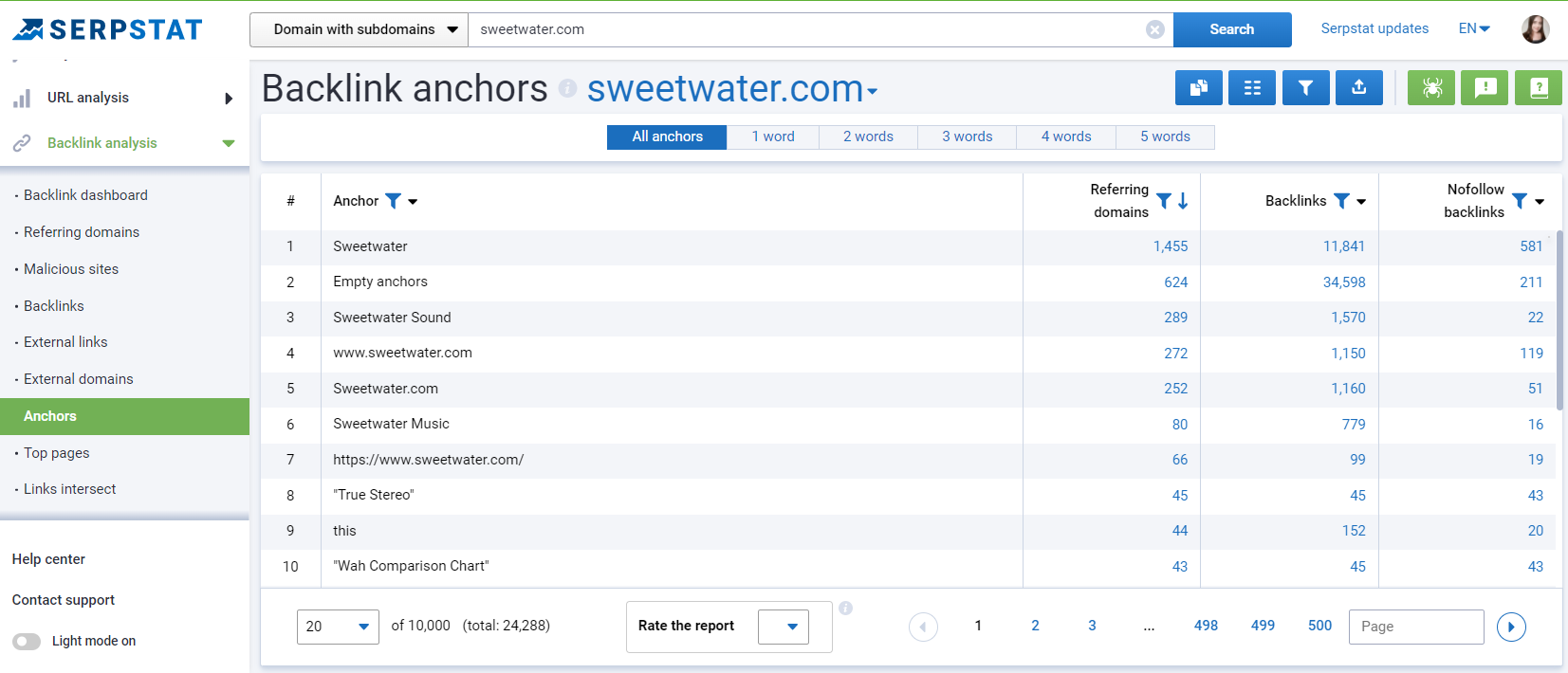
Traffic
Do we have any proof? No. But think of it this way:
If a page on a site generates traffic from Google, it’s a sign that it’s authoritative.
And that’s a part of the reason why Google is sending its visitors to that page (and it receives traffic).
And we learned earlier in this guide that links from authoritative pages tend to be relatively powerful.
So yes, if a page receives organic traffic, that’s a good page to have a link from.
Other Off-Page Signals
Brand Mentions
Former CEO referred to the “cesspool” as the state of the internet, where it’s challenging to serve users with the most authentic and useful information, as near-infinite sources can provide information on a topic. And the way they achieve this is by prioritizing brands.
That brings us to the question: How does Google classify or understand whether a site is a brand?
They look at mentions of your brand on other authority sites.
If your brand name is cited on Forbes or other popular sites, that’s an indication you’re a brand. Whether that mention is linked (as a backlink to your site) or unliked, it’s still a valuable signal to search engines.
Following are some common ways to increase brand mentions for your online business:
- Press release distributions
- Be a guest on a podcast
- Participate in roundup posts
- Write guest posts
- Partner with bigger brands
Social Signals
However, authentic social media signals can indirectly influence your rankings.
Imagine a blog post on your website goes viral on Twitter—it receives lots of retweets and shares. This traction can lead to improved brand awareness, and brand awareness can attract editorial links from other websites, brand mentions, and those links and brand mentions can help you rank higher on Google.
Notice the indirect correlation drawn above, and how everything about SEO and web marketing is interconnected.
Small Business Off-Page Factors
Let’s take a closer look at all of them.
NAP citations
For businesses that operate at a local level and target geo-specific keywords, maintaining a consistent NAP profile across the internet is crucial.
If all your NAP references don’t match up, you’d end up sending confusing signals to Google about your local business, and thereby hurting your performance on search.
Know that citation signals are among the most important ranking factors for local businesses — both for ranking in regular organic results and Google’s local pack.
Google Business Profile
It’s important to note that a local knowledge panel & local pack are a type of SERP features that are connected with your GBP listing.
A local Knowledge panel shows up when someone directly searches for your business...
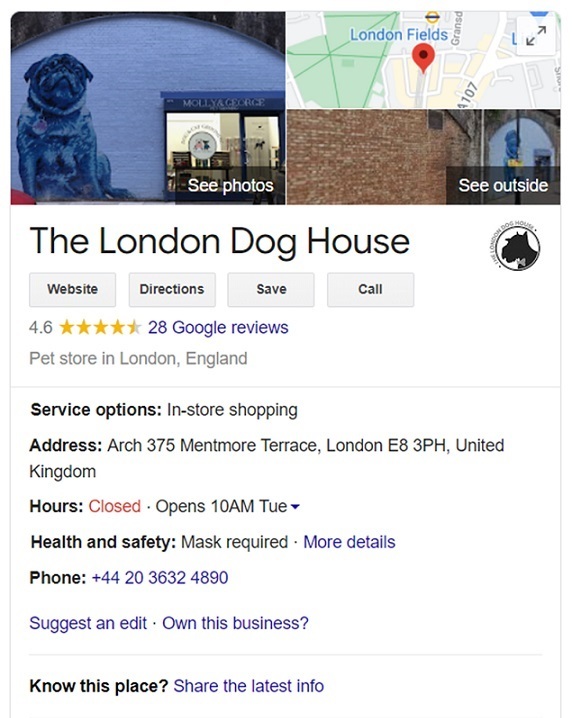
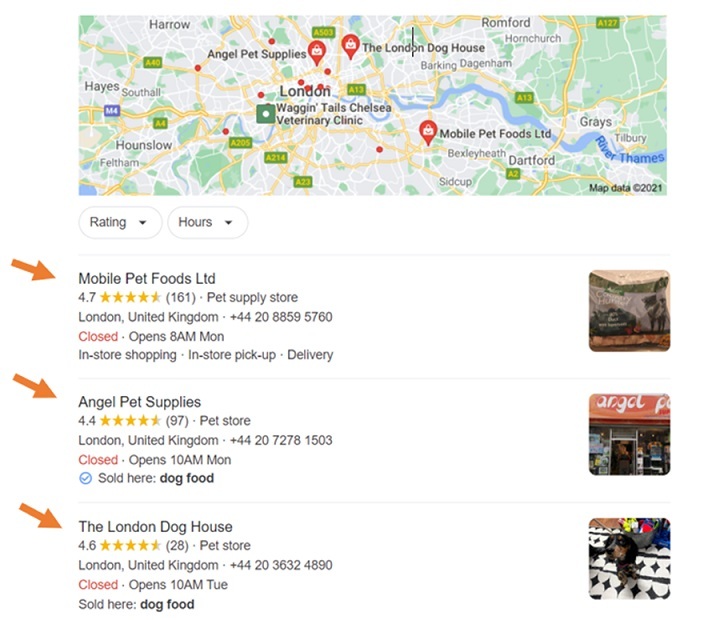
An optimized GBP is vital if you wish to rank locally. In fact, it’s one of the most important factors for ranking in local pack and regular organic results.
Reviews
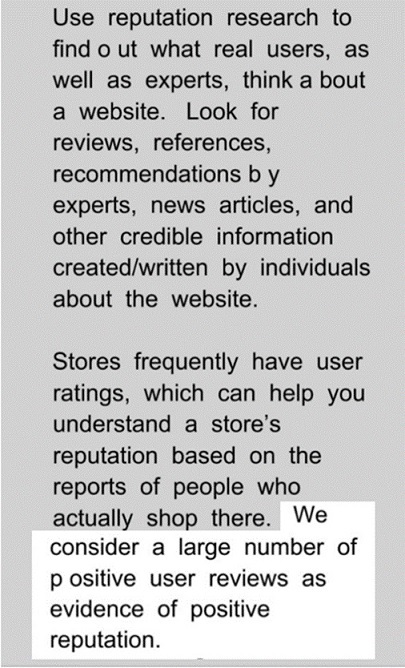
Genuine, positive reviews from your customers are often a sign of customer satisfaction. And Google rewards sites that provide a positive experience to the customers through its content, products, or services.
Final Thoughts
Amongst many different things discussed in this guide, backlinks are undoubtedly more valuable. But off-page SEO is not just about links.
You’d also need to build brand mentions, positive reviews, and many other off-page SEO signals discussed in this guide to thrive in organic search.
Speed up your search marketing growth with Serpstat!
Keyword and backlink opportunities, competitors' online strategy, daily rankings and SEO-related issues.
A pack of tools for reducing your time on SEO tasks.
Discover More SEO Tools
Backlink Cheсker
Backlinks checking for any site. Increase the power of your backlink profile
API for SEO
Search big data and get results using SEO API
Competitor Website Analytics
Complete analysis of competitors' websites for SEO and PPC
Keyword Rank Checker
Google Keyword Rankings Checker - gain valuable insights into your website's search engine rankings
Recommended posts
Cases, life hacks, researches, and useful articles
Don’t you have time to follow the news? No worries! Our editor will choose articles that will definitely help you with your work. Join our cozy community :)
By clicking the button, you agree to our privacy policy.

